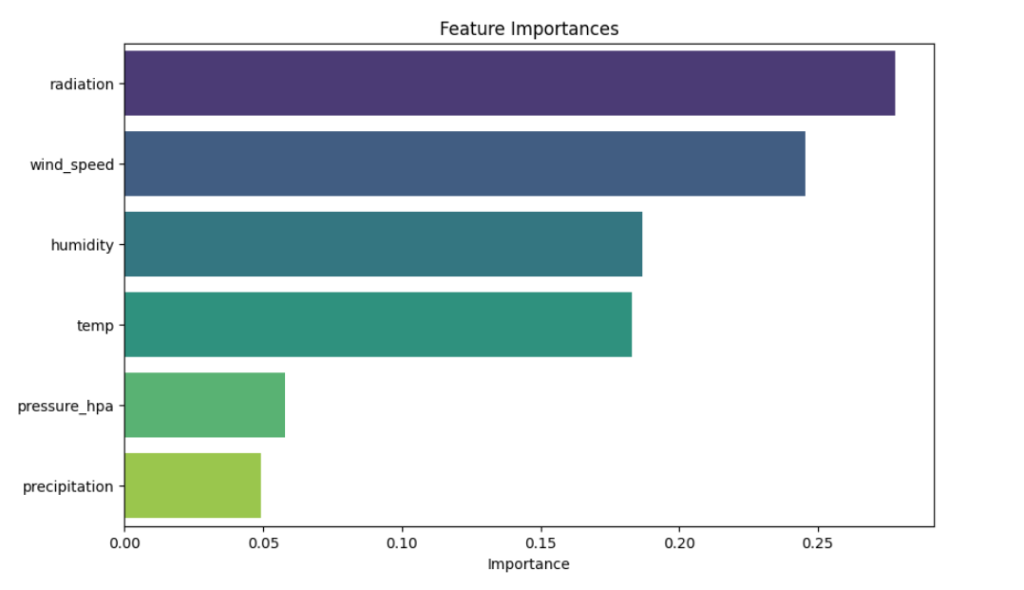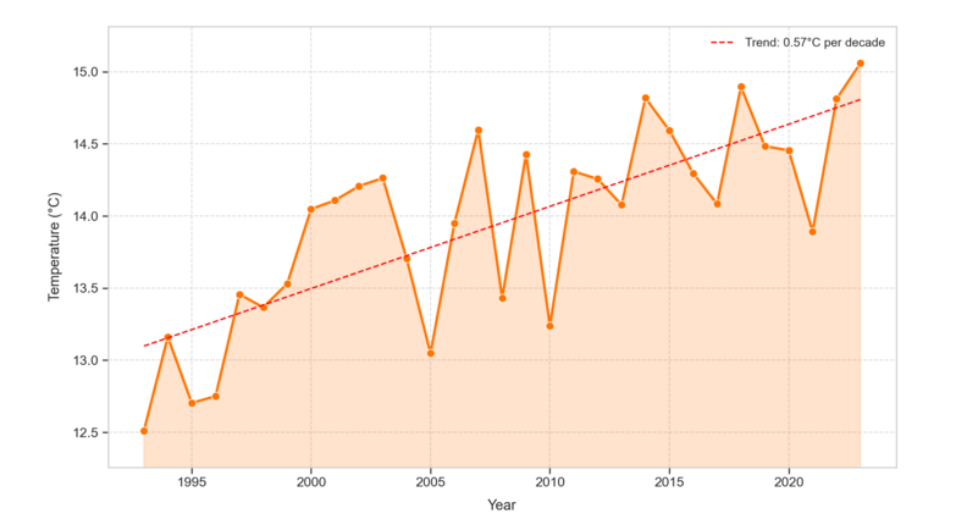Two newly published deliverables from the European project Karst Firewall 5.0 mark a significant step forward in enhancing climate-resilient forest fire management in the Italy–Slovenia Karst region.
Deliverable 1.2.1 presents the development, training, and validation of predictive AI models for wildfire risk assessment. By integrating over three decades of wildfire records and meteorological data, researchers trained machine learning algorithms—most notably XGBoost—to detect high-risk ignition conditions. The best-performing models achieved up to 90% prediction accuracy, identifying fire/no-fire days with remarkable precision. These results will contribute to a data-driven early warning system currently under development in the project.

Deliverable 1.2.2 builds on these insights to offer policy guidelines and operational recommendations for optimizing wildfire prevention and response. The document introduces a framework for integrating predictive tools into decision-making processes, supports cross-border coordination, and proposes harmonized standards for alert levels, GDPR-compliant data sharing, and ethical AI implementation.
Together, these deliverables provide a solid scientific and strategic foundation for smarter, more effective, and coordinated wildfire management. By combining cutting-edge technology and shared governance, Karst Firewall 5.0 reinforces resilience across a complex and fire-prone landscape. And one last note—bad news for climate sceptics: our analysis of long-term weather data confirms what scientists have been warning for decades. The average temperature in the Karst region has increased by 1.5°C over the past 30 years. Unfortunately, nature doesn’t read denialist blogs.


